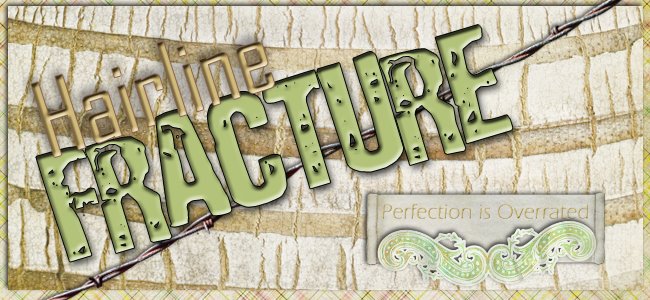Sickness update: It wasn't poison ivy. It was hives caused by the fever she had. We realized this when the red welps would disappear after Benadryl and others would show up in different places on her body. I was afraid she had developed some horrible allergy, but the nurse knew right away what it was. Luckily both kids are fine now.
*****
Sept. 29-Oct. 6 is Banned Books Week. According to the American Library Association, at least 42 of the Columbia Publishing Course Top 100 Novels of the 20th Century have been the targets of challenges or bans. If these attacks had been successful, the top twenty-five of the list would've looked much different. (Challenged/banned books are italicized.)
1. The Great Gatsby, F. Scott Fitzgerald
2. Catcher in the Rye, J.D. Salinger
3. The Grapes of Wrath, John Steinbeck
4. To Kill a Mockingbird, Harper Lee
5. The Color Purple, Alice Walker
6. Ulysses, James Joyce
7. Beloved, Toni Morrison
8. The Lord of the Flies, William Golding
9. 1984, George Orwell
10. The Sound and the Fury, William Faulkner
11. Lolita, Vladmir Nabokov
12. Of Mice and Men, John Steinbeck
13. Charlotte's Web, E.B. White
14. A Portrait of the Artist as a Young Man, James Joyce
15. Catch-22, Joseph Heller
16. Brave New World, Aldous Huxley
17. Animal Farm, George Orwell
18. The Sun Also Rises, Ernest Hemingway
19. As I Lay Dying, William Faulkner
20. A Farewell to Arms, Ernest Hemingway
21. Heart of Darkness, Joseph Conrad
22. Winnie-the-Pooh, AA Milne
23. Their Eyes were Watching God, Zora Neale Hurston
24. Invisible Man, Ralph Ellison
25. Song of Solomon, Toni Morrison
Trying to imagine the world without the italicized books on this list is, for me, like trying to imagine the sky without the sun. Yes, I know these books contain material that requires maturity to understand, but none of them are full of gratuituous sex, violence, and exploitation --they are works of art that grapple with the ugly, as well as the beautiful, parts of human nature. I don't want my ten-year-old reading Lolita. But neither do I want it unavailable for others to read and discuss.
Most of the books that are challenged right now seem to be books written for children or teens. Some of them deal with death or sex. And we as parents may not feel comfortable with the perspective found in some of these books. (As a Christian, I probably wouldn't let my child read Curses, Hexes, and Spells, for example, but would have no problem with Harry Potter.) But guess what? It's MY responsibility to be familiar with what my child brings home from the library or is reading for school. It's my responsibility to read the book for myself before I hit the ceiling (I mention this because of some friends I have who are totally anti-Harry but who've never cracked the cover of the books). It's my responsibility to decide if I should tell my child to save this book until she's older, or if a discussion is all that's needed to mitigate the book's values with my own.
As Judy Blume, author of many of the controversial books for teens, said, “[I]t's not just the books under fire now that worry me. It is the books that will never be written. The books that will never be read. And all due to the fear of censorship. As always, young readers will be the real losers.”
I may not agree with what you say, but I will defend your right to say it. Freedom of speech is a right I hold sacred.

No comments:
Post a Comment